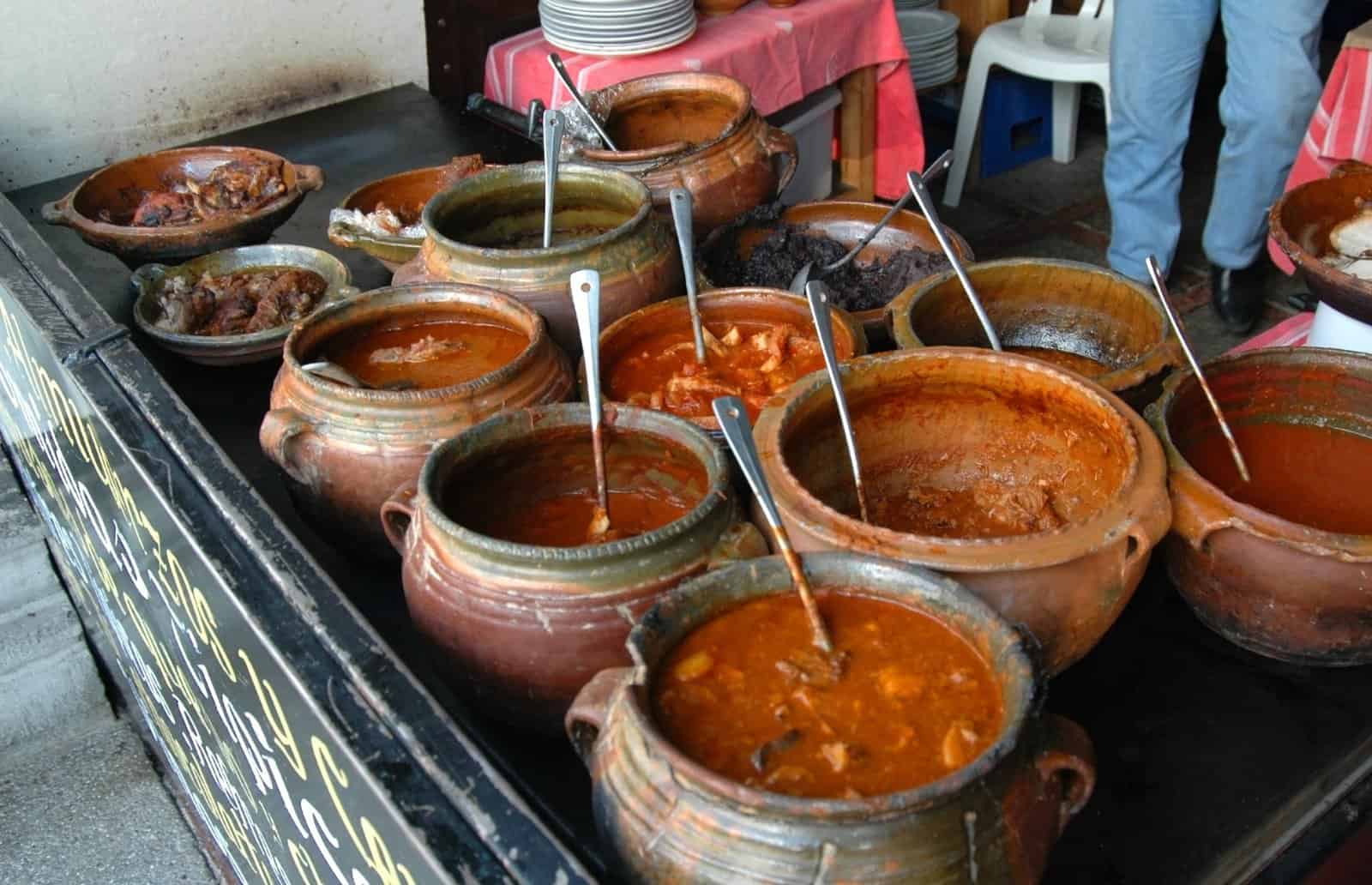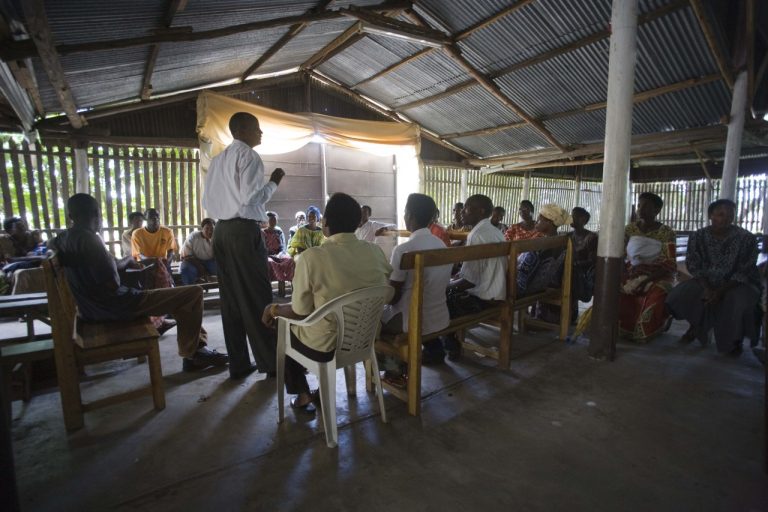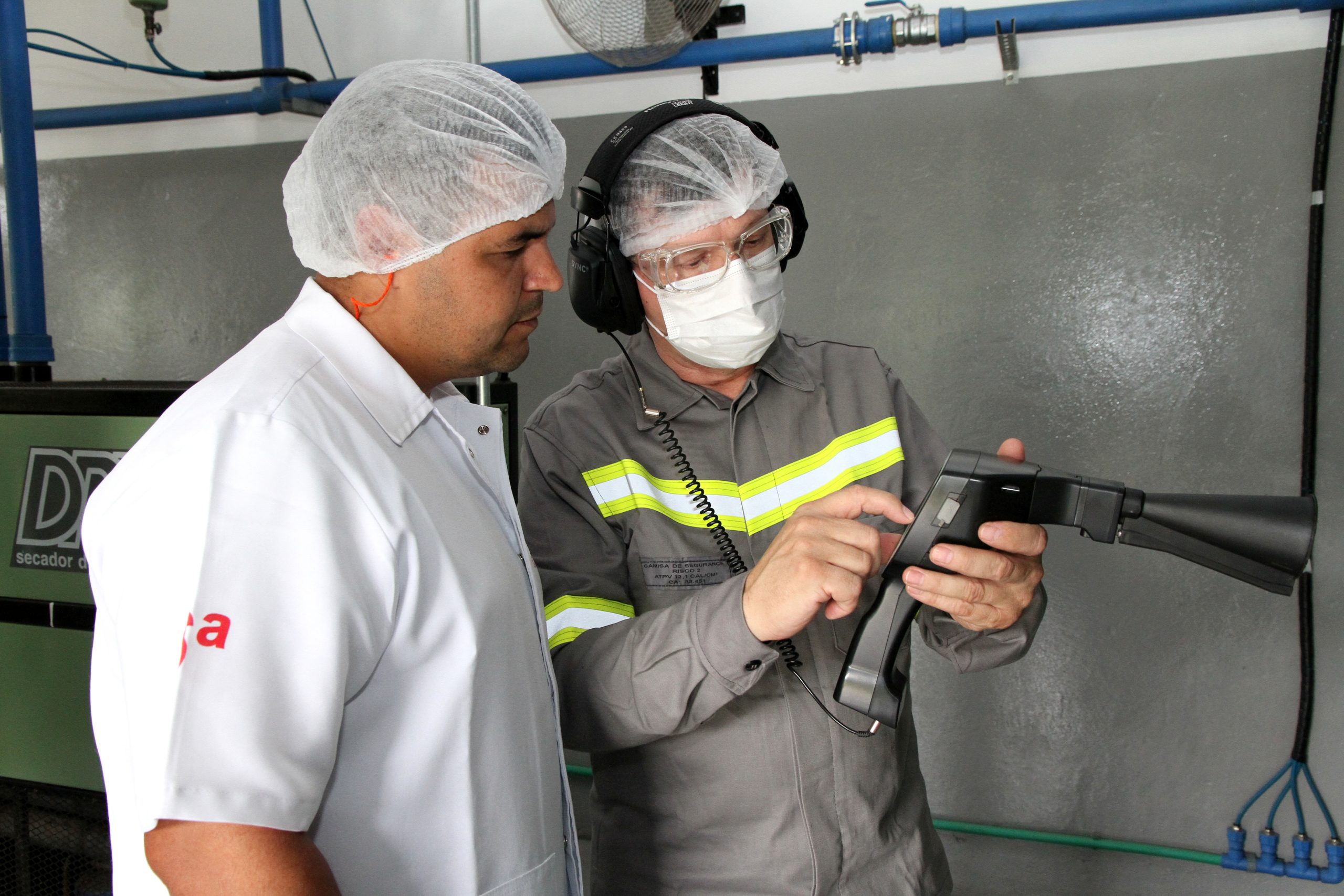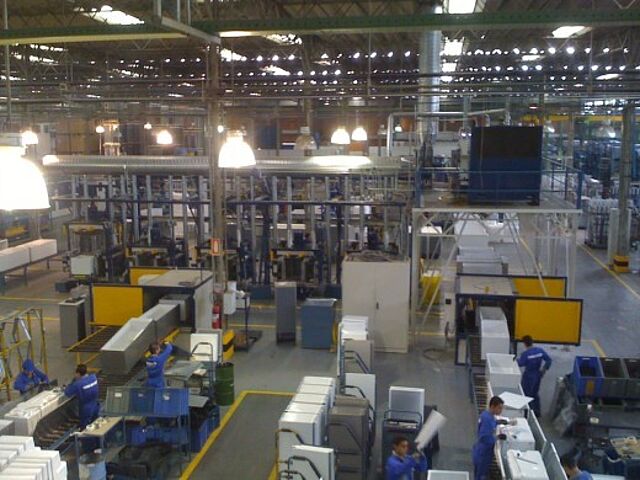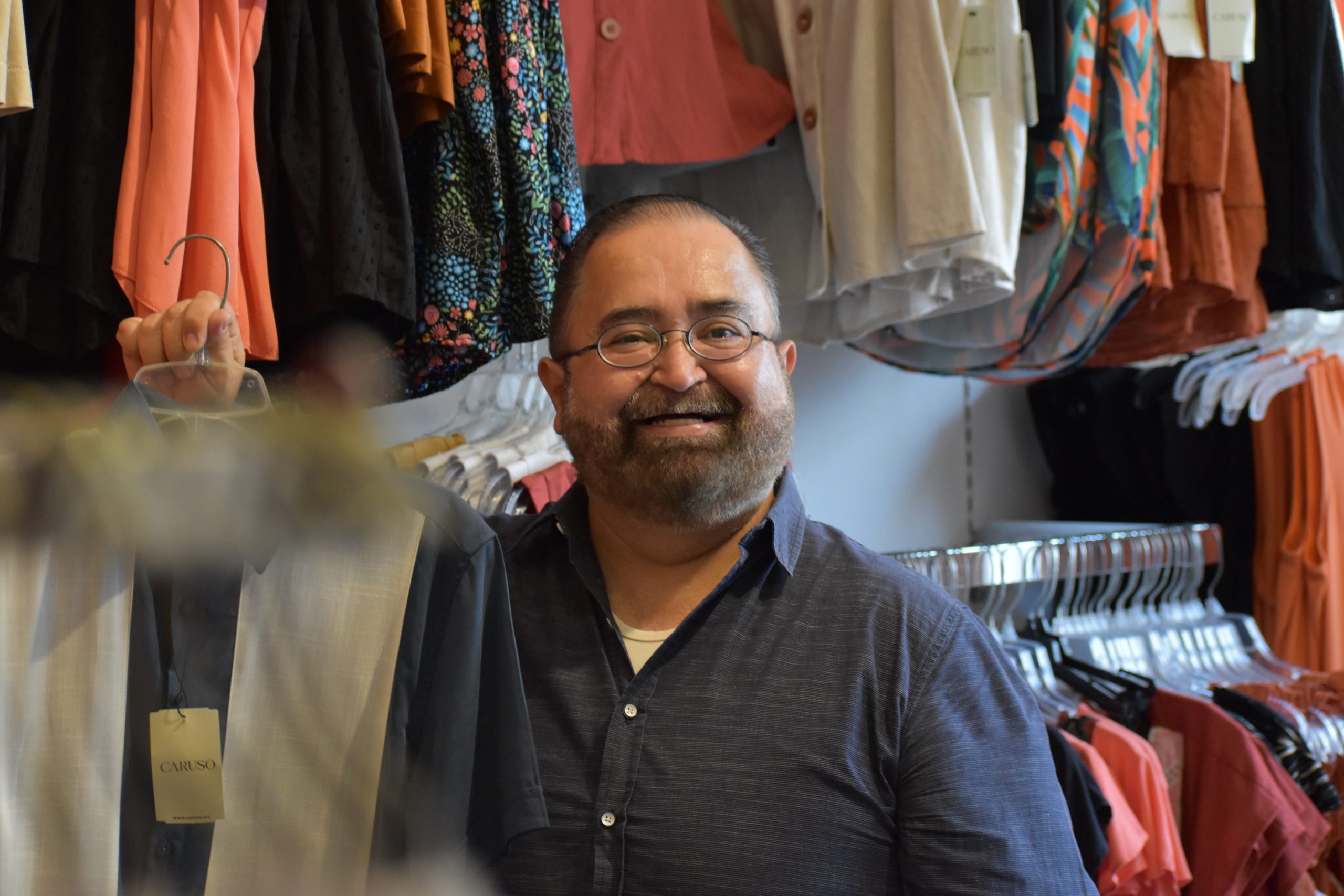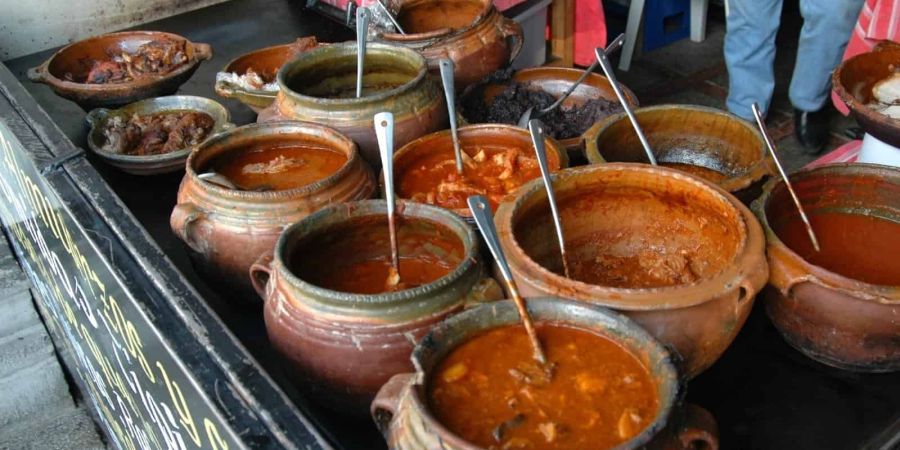
Background: 57 per cent of Guatemala’s total energy consumption comes from the use of fuelwood, mainly for cooking. About 2.1 million households, located mostly in the poorest and most vulnerable municipalities of the country, use firewood. 70 per cent of Guatemalan households, mostly children and women, are at high risk of cardiac and respiratory diseases. According to population growth statistics for the next 10 years, it is estimated that there will be an average increase of 65,000 new families per year who will use firewood as their main source of energy, which exacerbates the problem.
Approach to Transformational Change: “Guatemala – Efficient Use of Fuel and Alternative Fuels in Indigenous and Rural Communities” or “Guatemala – Sustainable Cooking” for short, is committed to creating improved conditions for sustainable and efficient firewood use and has set up a dedicated Firewood Commission to implement the National Firewood Strategy. A respective action plan proposes: (i) to enhance access to efficient technologies, (ii) to increase demand, and (iii) to promote an enabling environment for sustainable and efficient firewood use.
With tailor-made financial and technical support mechanisms, the project will help to sustainably stimulate the supply and demand for energy efficient cookstoves in Guatemala. Enhanced coordination and consolidation of national and international support is required to achieve scalability and long-term sustainability in the implementation of clean cooking technologies.
Possible co-benefits include the reduction in forest degradation, increased health benefits, and improved economic conditions of households (through the reduced need to purchase fuel and/or time spent on collecting firewood) for approximately 1.1 million people, mostly indigenous women and children living in poverty.
The financial mechanism focuses on incentivising end-users, manufacturers and distributors by various financial products, including guarantee schemes, vouchers, grants and rewards. A contribution of EUR 14 million is expected from the private sector in the form of credits and microcredits from private financial institutions to purchase clean cookstoves. The public sector will negotiate and allocate approximately EUR 5.5 million to increase the sustainable production of firewood through the National Forestry Incentive Programs. Additionally, EUR 1.3 million are expected from the public sector; this contribution will be provided through ministerial and other institutional actions (financing of experts, services, logistics other expenses).
Mitigation potential: Approximately 1.7 million tCO2e accumulated by the end of the project; and 9.02 million tCO2e accumulated by year 10, with an annual reduction of 2.034 million tCO2e by year 10.

